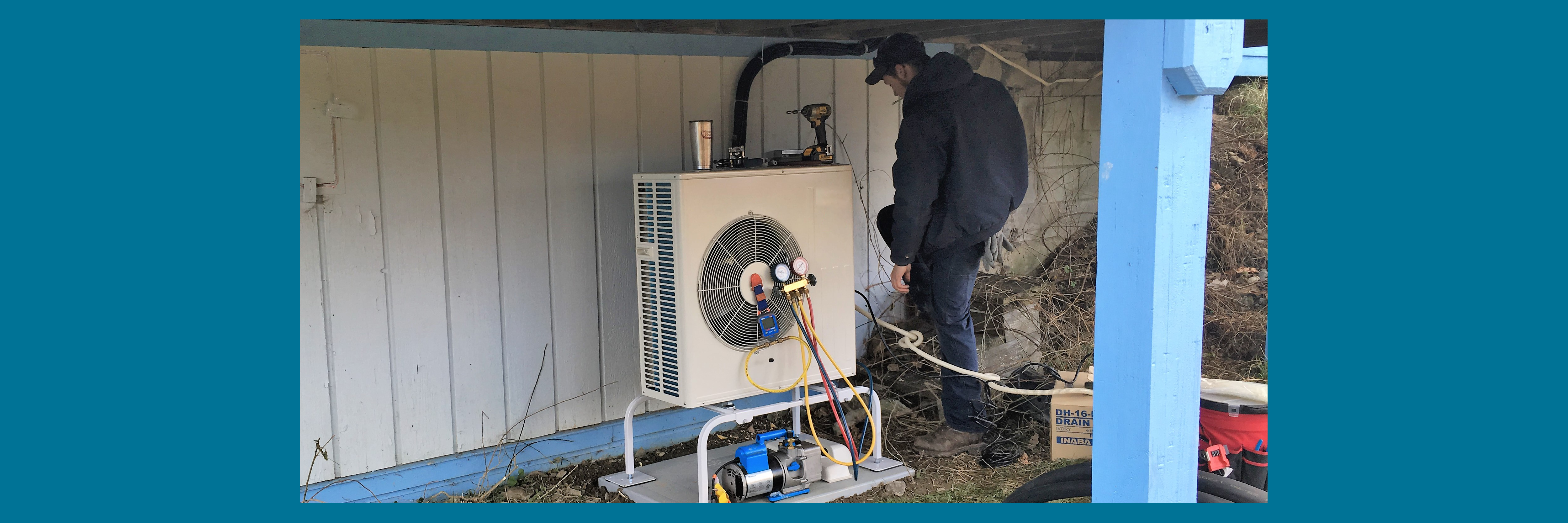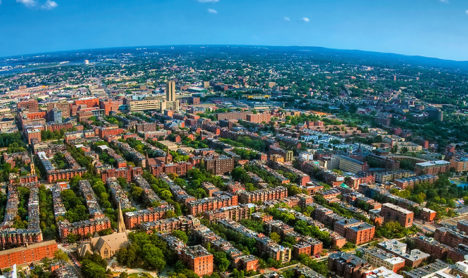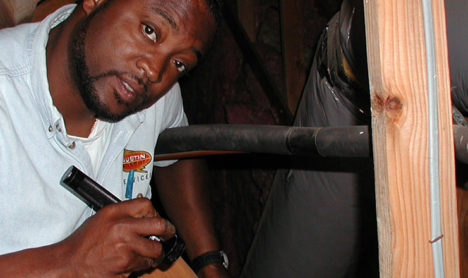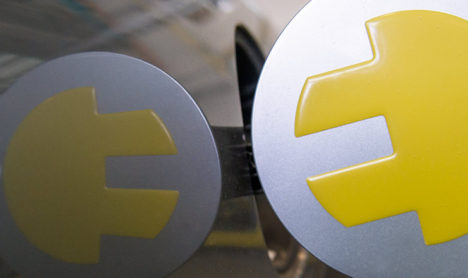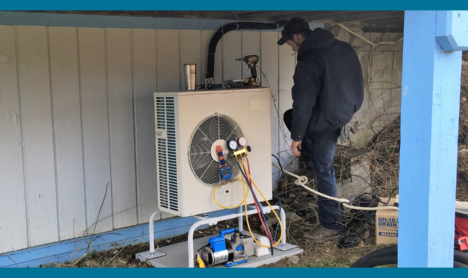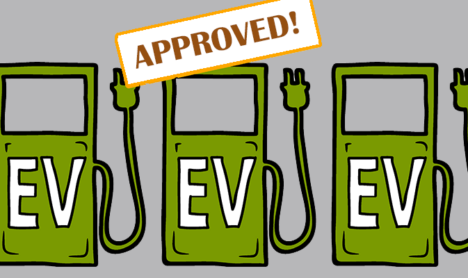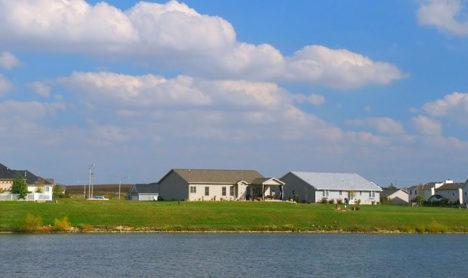New Jersey business leaders Scott Nelson and Brian Bovio authored an op ed to help persuade legislators working on “Build Back Better.”
Its essence: If you want to strengthen the U.S. economy, include strong energy efficiency measures, like HOPE for HOMES.
Support the energy sector’s top employer
As published in the Asbury Park Press.
Dec. 17, 2021
Your Turn
Scott Nelson and Brian Bovio
Guest columnists
As the U.S. Senate considers what to keep and what to leave out of the reconciliation bill that’s also known as Build Back Better, we urge New Jersey’s senators to support policies that save their constituents money, make homes and businesses more comfortable, and support a large, growing, and well-paid workforce in our state. In other words, we are asking them to support energy efficiency, including “HOPE for HOMES” rebates and job training programs.
According to the latest annual Energy Efficiency Jobs in America report from the nonprofit organizations E2 and E4TheFuture, almost 32,000 people work in energy efficiency jobs in New Jersey. That is almost twice as many as work in fossil-fuel jobs. And across the U.S., 2.1 million people work in energy efficiency — more than work in oil, gas or coal. Their jobs range from retrofitting homes, to upgrading HVAC systems, to manufacturing furnaces, to designing energy-management software.
Energy efficiency employment numbers are growing, but they’re not back to pre-pandemic levels. Elements of the reconciliation bill could help energy efficiency workers grow the economy, save ratepayers money, and reduce greenhouse gas emissions. For example, the HOPE for HOMES Act — long championed by Rep. Frank Pallone, who chairs the House Energy and Commerce Committee — includes rebates for home efficiency improvements, and support for workforce training on energy efficiency.
Today’s Energy Star-qualified HVAC systems are up to 60% more efficient than equipment from 10 years ago, while a home-performance retrofit can cut energy bills by 25 to 30%.
That will matter this winter. The U.S. Energy Information Administration says natural gas heating bills will spike by 30% if we have an average winter. Homes heated with oil will see a 43% rise, and homes heated with propane will see a 54% hike. Electric-heat bills are projected to increase by a relatively small 6%, which makes energy-efficient heat pumps look especially attractive.
Our businesses have been around for decades and are relatively large. But most energy efficiency businesses in New Jersey have fewer than 20 employees. As members of the board of directors of the New Jersey Air Conditioning Contractors Association, we’re hearing that especially for small firms, finding people to hire is challenging these days.
Workforce training measures in the HOPE for HOMES section of the reconciliation bill would help contractors hire more people faster, enabling more homes to get more efficient more quickly. And the bill’s childcare measures could help make returning to work economically feasible in the wake of the pandemic.
Energy efficiency has always drawn broad support from across the political spectrum. Efficiency programs create jobs, promote economic growth, and save families and businesses money. They offer good local jobs with benefits, in a growing sector. And in addition to reducing greenhouse gas emissions, energy efficiency also promotes energy in-dependence, bolsters national security, and fosters resilience in the face of increasingly severe weather events.
We hope that when the Senate passes this bill, it will include strong support for energy efficiency — which also means support for a more prosperous nation and a more sustainable planet.
Scott Nelson owns Oceanside Service in Allenhurst. Brian Bovio co-owns Bovio Rubino Service in Voorhees.
